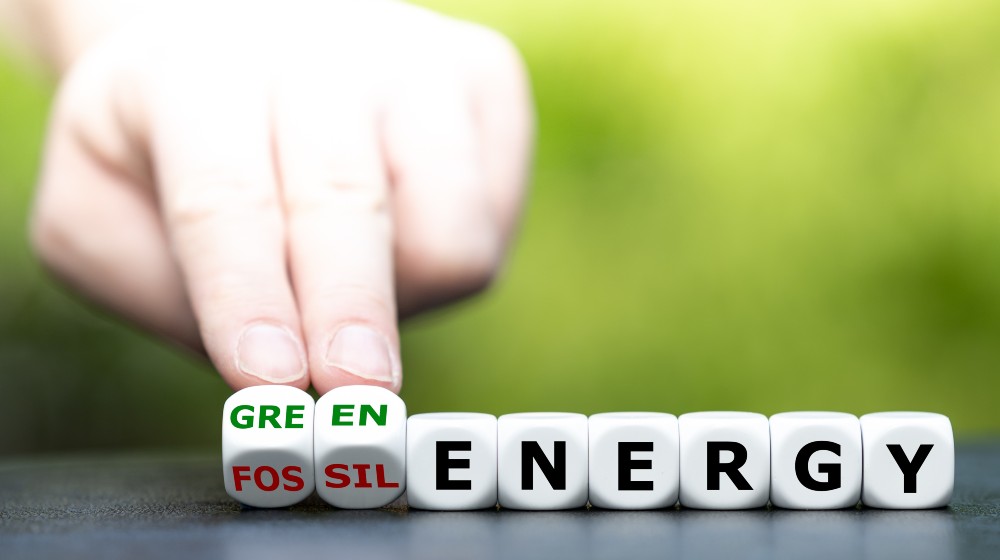Business
Green Energy Stocks Dip Due to High Interest Rates

High interest rates have taken their toll on the shares of green energy businesses as the latter fell sharply in recent months, underperforming when compared to oil and gas firms.
The Financial Times reported on Monday that the S&P Global Clean Energy Index, which includes 100 of the largest green energy businesses, had decreased by more than 20% over the past two months. The oil and gas-heavy S&P 500 Energy Index, however, has increased by 6%.
“There’s a dark cloud hanging over green stocks,” said Martin Frandsen, a portfolio manager at Principal Asset Management, as per the publication.
Despite loans, subsidies, and tax credits totaling tens of billions of dollars, the green energy sector continues to decline. Financial Times reports:
“The renewable sector has been particularly vulnerable to rising interest rates because many companies agree long-term contracts, fixing the price at which they will sell energy, before developing their projects.
As global inflation has surged, green energy companies have been hit by a huge rise in costs, exacerbated by growing demand for renewable projects, while elevated rates have made their high levels of borrowing more expensive to service.”
“Two years ago we got a huge growth in commitments to hit net zero, which translated into a lot of investment opportunities. Then we hit this inflation wave and companies that locked in their [electricity] prices have been left very exposed. The lag effect is hitting now,” Frandsen went on to say.
Several investment professionals said that high inflation does not favor green energy companies.
David Souccar, a portfolio manager at Vontobel Asset Management, noted, “To support rapid growth, you need to keep leveraging the balance sheet or issue equity. In a zero-rate environment, this formula worked. In a higher-rate environment, it falls apart.”
Anaconda Invest's CEO, Renaud Saleur, a former trader at Soros Investment Management, asserted that higher government subsidies were necessary for wind power development to succeed.
“The contracts signed for offshore [wind] will be heavily lossmaking for a long time until the different governments realise that they need to give $80-$100 per MWh and not $30-$40,” Saleur argued.
Up Next:



